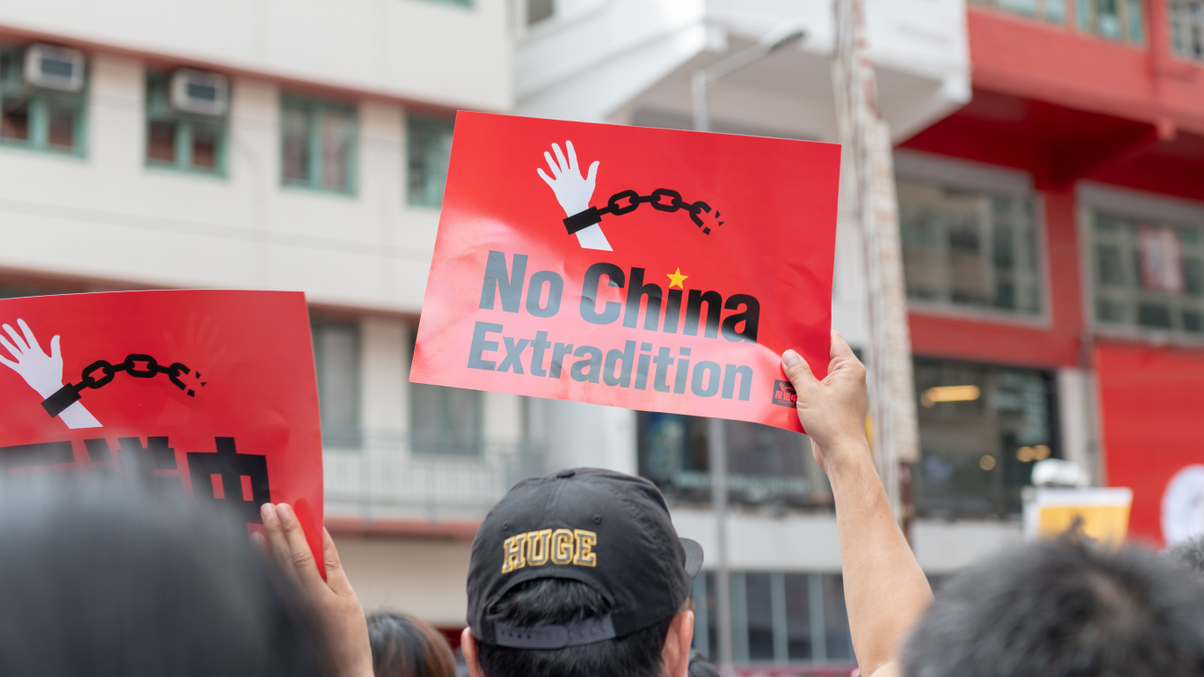Market Views: Could Hong Kong be a black swan event?
If the Hong Kong crisis escalates and Beijing intervenes, what would the repercussions be?

In some parts of the world, black swans are actually quite common – for example, in southern Australia. But in the investment world they are a metaphor for a rare and potentially cataclysmic global financial event – such as the US housing crisis that triggered the global financial crisis of 2008.
Could the troubles that have flared up in recent months in Hong Kong – historically one of the world's most stable places – turn out to be such a Black Swan event?
It's very difficult to tell. What's clear though is that, with China's leaders holed up for the time being at their annual Beidaihe seaside break, the Hong Kong crisis remains unfinished business.
So with market nerves already fraying due to the creeping prospect of a global recession, Hong Kong finds itself in the eye of the storm, overshadowing even Brexit.
So what happens next, given the Chinese slowdown we're already seeing as the US-China trade dispute drags on and the shadow of Tiananmen Square that is cast over the city as Beijing mulls whether to intervene?
And given China's importance to the global economy and Hong Kong's importance as a global financial centre, what might the knock-on effects be?
AsianInvestor asked several investment experts, both on the buyside and on the sellside, for their views on the current situation. Their responses follow below.
The following extracts have been edited for brevity and clarity.
Alicia García Herrero, chief economist for Asia Pacific
Natixis, Hong Kong
An escalation in Hong Kong could result in economic recession and an attack on the currency board of the city.
Sign in to read on!
Registered users get 2 free articles in 30 days.
Subscribers have full unlimited access to AsianInvestor
Not signed up? New users get 2 free articles per month, plus a 7-day unlimited free trial.
¬ Haymarket Media Limited. All rights reserved.


